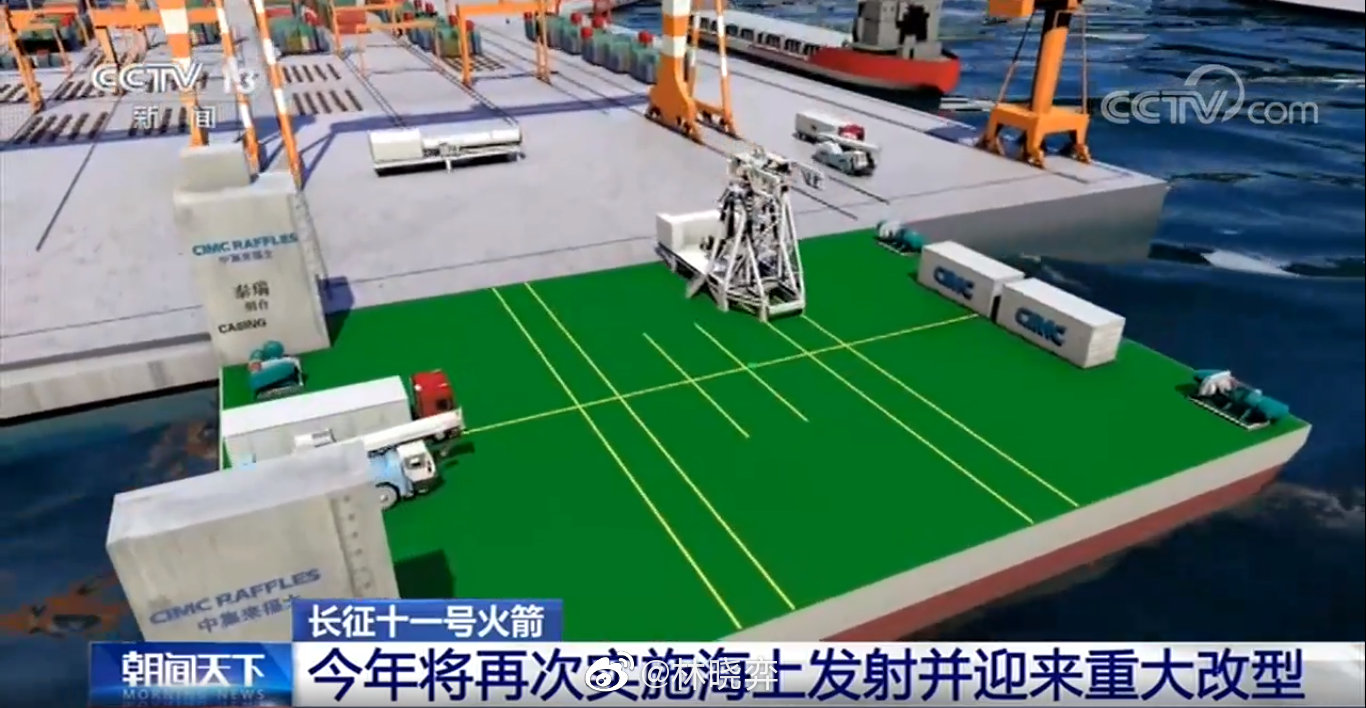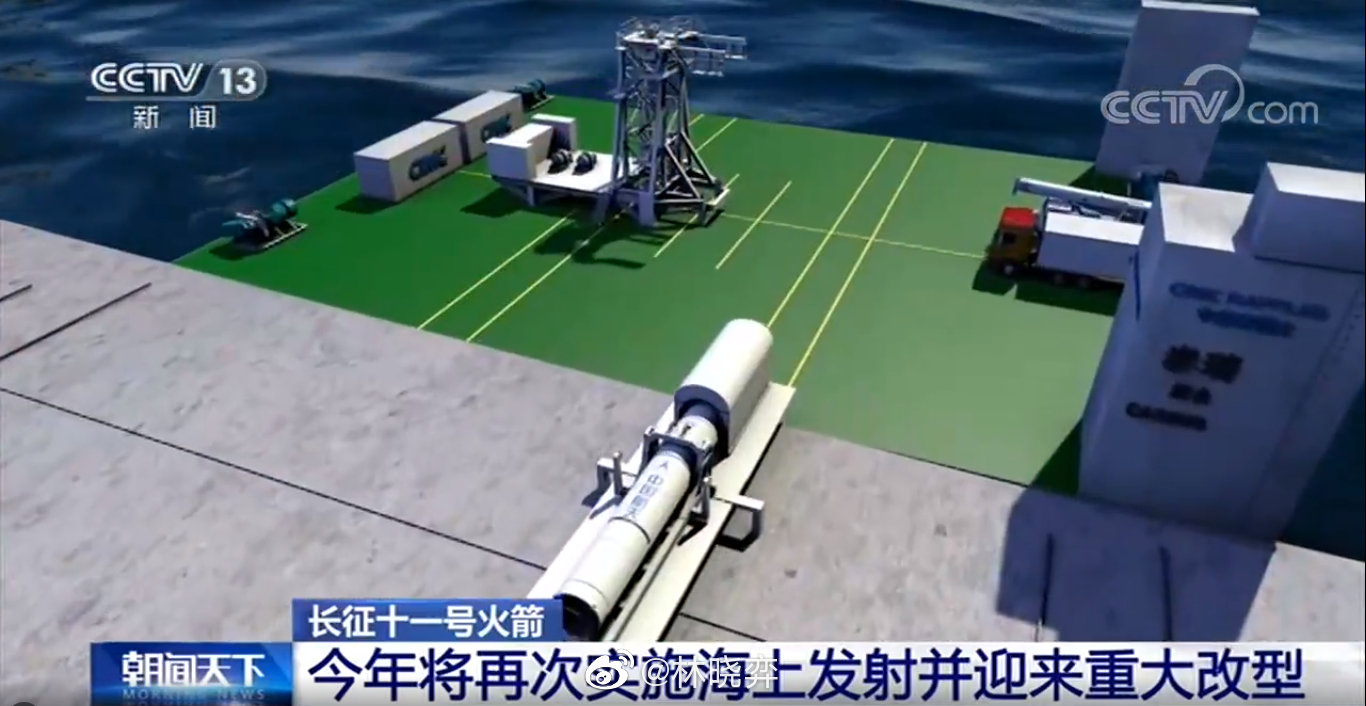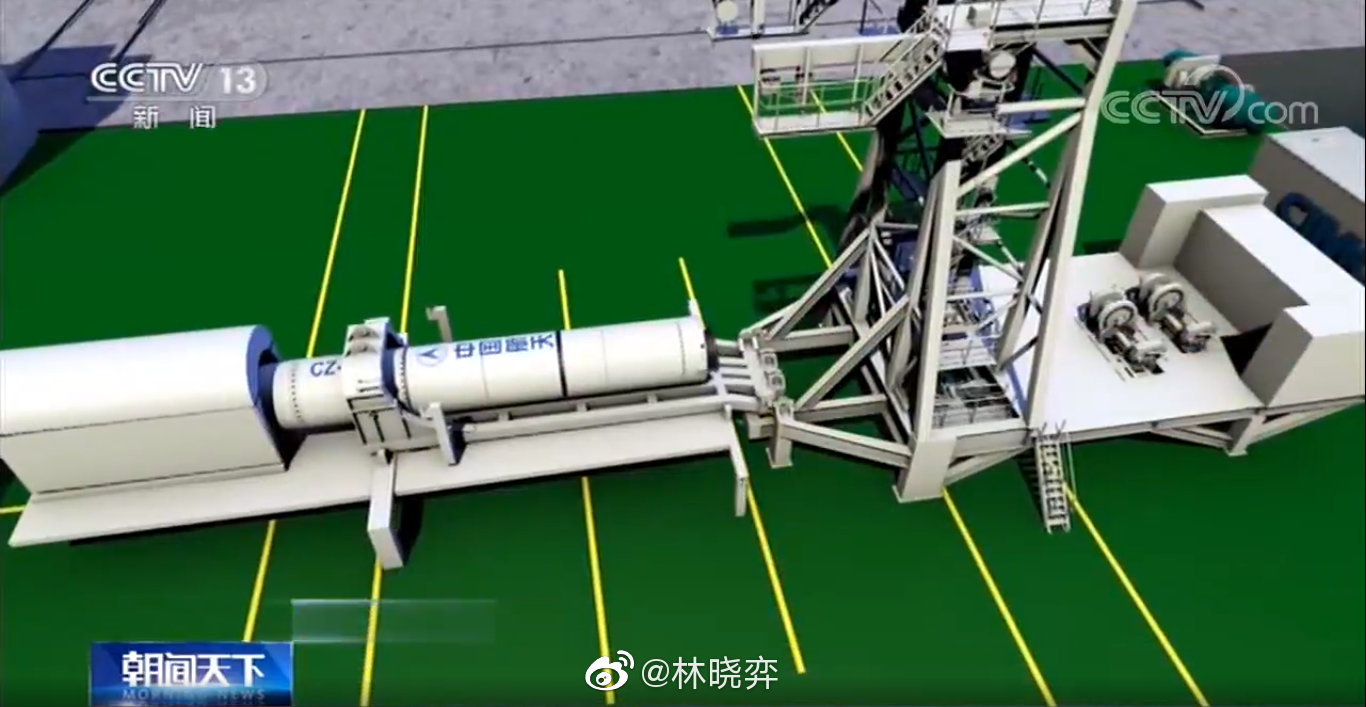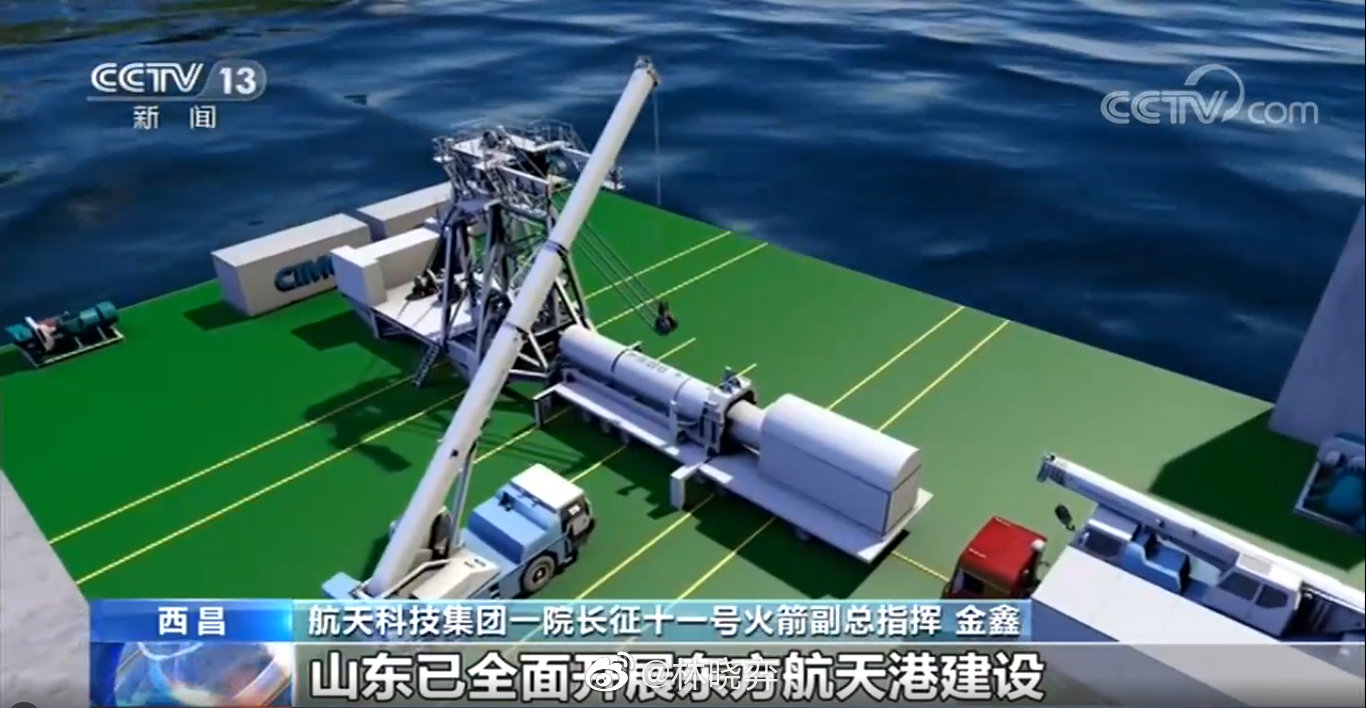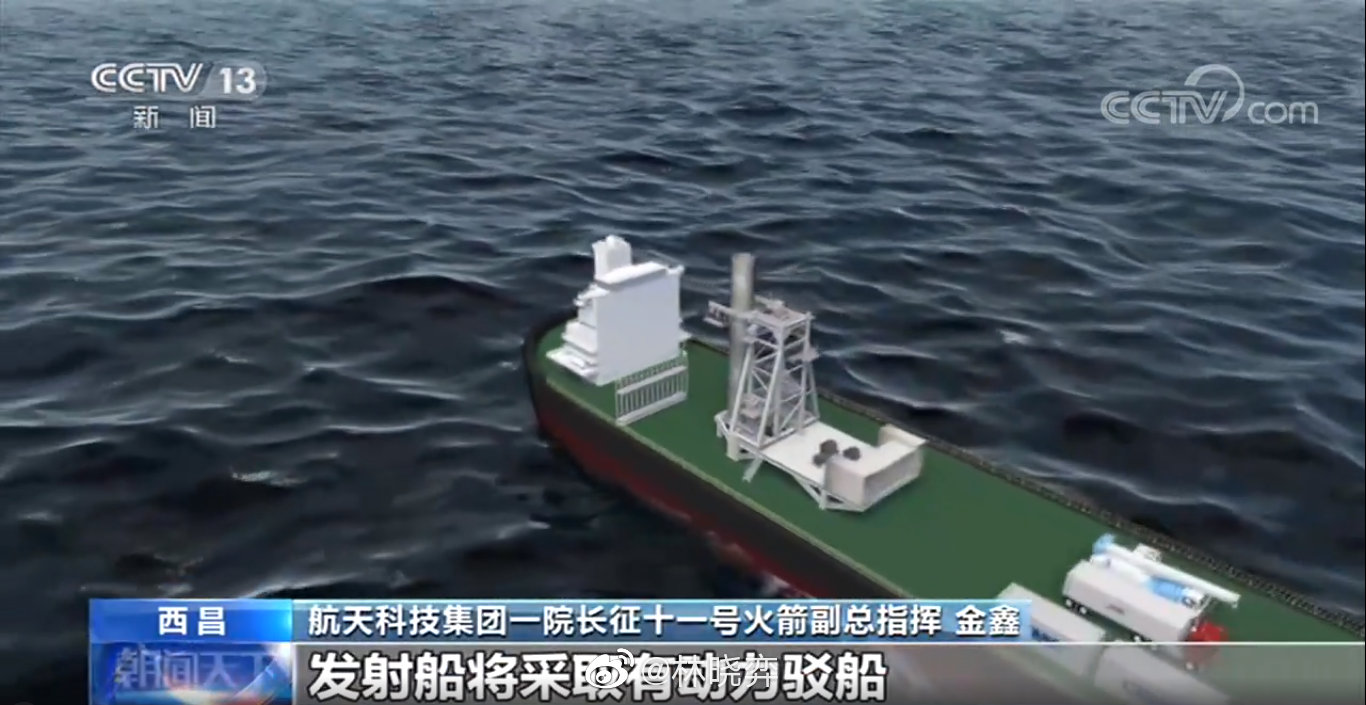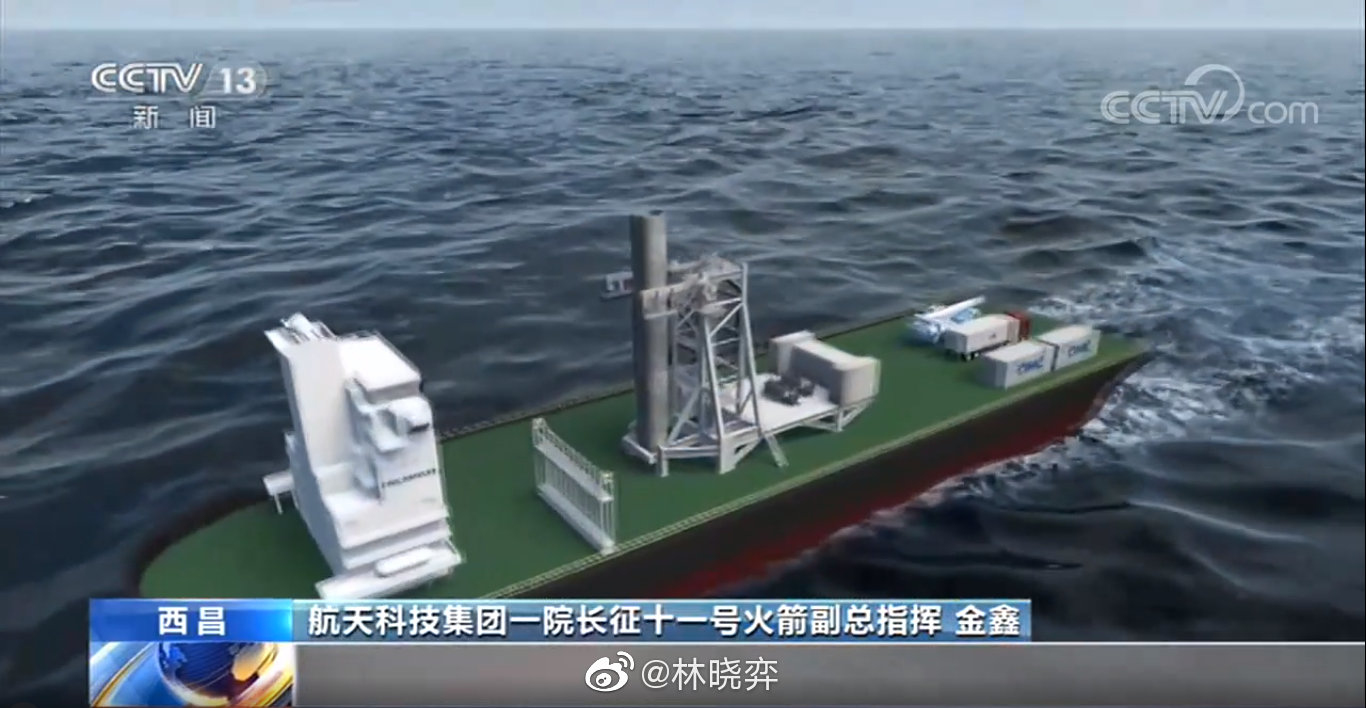You are using an out of date browser. It may not display this or other websites correctly.
You should upgrade or use an alternative browser.
You should upgrade or use an alternative browser.
China's Space Program News Thread
- Thread starter crazyinsane105
- Start date
- Status
- Not open for further replies.
Does China has any chance to match the scale and ambition of America's space endeavor. I know there are alot of recent chinese private startups going into the space launch/tourism sectors, but it seems to me NASA and SpaceX are simply so far ahead of all the chinese playerd that if we see development as a linear progression, china will forever fall behind while US is spearheading all the future programs like space mining.
by78
General
Does China has any chance to match the scale and ambition of America's space endeavor. I know there are alot of recent chinese private startups going into the space launch/tourism sectors, but it seems to me NASA and SpaceX are simply so far ahead of all the chinese playerd that if we see development as a linear progression, china will forever fall behind while US is spearheading all the future programs like space mining.
Hey fanboi, save your drama for your mama.
Does China has any chance to match the scale and ambition of America's space endeavor. I know there are alot of recent chinese private startups going into the space launch/tourism sectors, but it seems to me NASA and SpaceX are simply so far ahead of all the chinese playerd that if we see development as a linear progression, china will forever fall behind while US is spearheading all the future programs like space mining.
Well, I don't think SpaceX is worth the publicity hype. One of the basis of all space endeavors is rocket engine technology. SpaceX is a flashy marketing phenomenon, which I believe is detrimental to the real strength of the US space technology: government owned civilian space program (which is NASA). It is promising the public something false, and will lead to further decrease of resources input into NASA.
Look at the best rocket engine SpaceX has: Merlin 1D. Its vacuum thrust is only 934kN. That spec is obsolete, by US and Russian standards. Even engine with slightly higher level of thrust are pretty much all retired in Russia and the US. For the US, NASA rockets uses domestic RS-68, and RS-25 engines. RS-68A has a vacuum thrust of 3370kN, and RS-25 has 2279kN.
Russia, on the other hand, is still producing the most powerful rocket engines in the world for itself as well as the US. Russian RD-180 has a vacuum thrust of 4150kN. And Russian RD-180M are exported to the US every year to be put on the Atlas V rockets. The US can't even find replacement for this engine, as of now.
Long March 5, 6, and 7 uses the YF-100, which has a vaccum thrust of 1340kN, which is one level below the best of what US and Russia currently produces, for sure. But YF-100 is certainly better than SpaceX's Merlin 1D, by quite a bit.
The Europeans and the Japanese are both going for cryogenic fuel engine. The European Vulcain 2 engine has a vacuum thrust of 1390kN, Japanese LE-7 engine has a vacuum thrust of 1078kN. Both of these, are a bit more powerful than the current Chinese cryogenic fuel engine YF-77 (currently on the LM5), which has a vacuum thrust of 700kN.
So, I won't be so dramatic as you are. In fact, I am not a big fan at all of what the US is doing. The US is giving NASA less and less money and, and they are not tasking NASA with any visionary projects. What they are doing is this huge "private sector pride of capitalism Tony Stark" bullshit. This is idolatry based on false information.
If you think strapping 27 small weak ass little rockets engine to make up a superficially "powerful" big rocket (like what SpaceX is doing) is what the future of spaceflight looks like, I afraid you and I can't hold a conversation for long.
Does China has any chance to match the scale and ambition of America's space endeavor. I know there are alot of recent chinese private startups going into the space launch/tourism sectors, but it seems to me NASA and SpaceX are simply so far ahead of all the chinese playerd that if we see development as a linear progression, china will forever fall behind while US is spearheading all the future programs like space mining.
Have faith friend. Regardless, I do not really see it as a competition. China just needs to do what is practical and its best interest.
antiterror13
Brigadier
Does China has any chance to match the scale and ambition of America's space endeavor. I know there are alot of recent chinese private startups going into the space launch/tourism sectors, but it seems to me NASA and SpaceX are simply so far ahead of all the chinese playerd that if we see development as a linear progression, china will forever fall behind while US is spearheading all the future programs like space mining.
huhhhh! are you joking?
Well, I don't think SpaceX is worth the publicity hype. One of the basis of all space endeavors is rocket engine technology. SpaceX is a flashy marketing phenomenon, which I believe is detrimental to the real strength of the US space technology: government owned civilian space program (which is NASA). It is promising the public something false, and will lead to further decrease of resources input into NASA.
Look at the best rocket engine SpaceX has: Merlin 1D. Its vacuum thrust is only 934kN. That spec is obsolete, by US and Russian standards. Even engine with slightly higher level of thrust are pretty much all retired in Russia and the US. For the US, NASA rockets uses domestic RS-68, and RS-25 engines. RS-68A has a vacuum thrust of 3370kN, and RS-25 has 2279kN.
Russia, on the other hand, is still producing the most powerful rocket engines in the world for itself as well as the US. Russian RD-180 has a vacuum thrust of 4150kN. And Russian RD-180M are exported to the US every year to be put on the Atlas V rockets. The US can't even find replacement for this engine, as of now.
Long March 5, 6, and 7 uses the YF-100, which has a vaccum thrust of 1340kN, which is one level below the best of what US and Russia currently produces, for sure. But YF-100 is certainly better than SpaceX's Merlin 1D, by quite a bit.
The Europeans and the Japanese are both going for cryogenic fuel engine. The European Vulcain 2 engine has a vacuum thrust of 1390kN, Japanese LE-7 engine has a vacuum thrust of 1078kN. Both of these, are a bit more powerful than the current Chinese cryogenic fuel engine YF-77 (currently on the LM5), which has a vacuum thrust of 700kN.
So, I won't be so dramatic as you are. In fact, I am not a big fan at all of what the US is doing. The US is giving NASA less and less money and, and they are not tasking NASA with any visionary projects. What they are doing is this huge "private sector pride of capitalism Tony Stark" bullshit. This is idolatry based on false information.
If you think strapping 27 small weak ass little rockets engine to make up a superficially "powerful" big rocket (like what SpaceX is doing) is what the future of spaceflight looks like, I afraid you and I can't hold a conversation for long.
Doesn't matter. Objective achieved is the only thing that matters and SpaceX is rather kicking ass at the moment. Falcon Heavy reigns supreme as a launch system and even with RD-180 variants, it's not like Raptor engine won't provide super high thrusts as well. F1 was first built in the 60s and it had close to 8000KN vacuum thrust. Is that the only indication of successful space program? If so, NASA had the organisation and brains to get there nearly 60 years ago. Albeit mostly thanks to German scientists and engineers. The United States' own space and rocket projects were going nowhere even those days, it's common for all (including Chinese enterprises) to blow dozens sometimes hundreds of test material before they get it right. I'd say SpaceX is well ahead of China's state run space agency and of course the private ones. Maybe the private ones can give some much needed competition for China's state run space technology developers. Having said that, China's is getting along quite nicely but isn't exactly challenging SpaceX in SLV technologies.

A Long March 2D launched the Gaofen-9 (02) remote sensing satellite on Sunday, as China begins to ramp up its 2020 launch schedule. The launch took place at 8:53 UTC from the LC43/94 launch complex at the Jiuquan Satellite Launch Center, Inner Mongolia. The HEAD-4 satellite rode to orbit as a co-passenger.
The new Earth observation satellite is equipped with a high-resolution Earth observation system. It uses a microwave remote sensing system with ground cell resolution up to the sub-meter level, to be mainly used in land census, urban planning, land rights, road network design, crop estimation and disaster prevention and mitigation, and other fields.
The satellite will work together with other Gaofen satellites to form an Earth observation system with high resolution and high positioning accuracy, which will help promote international sci-tech industrial cooperation through data sharing and support the Belt and Road initiative.
Gaofen (“High Resolution”) is a series of civilian Earth observation satellites developed and launched for the state-sponsored program China High-definition Earth Observation System (CHEOS).
In May 2010, China officially initiated the development of the CHEOS system, which is established as one of the major national science and technology projects.
foxmulder_ms
Junior Member
Well, I don't think SpaceX is worth the publicity hype. One of the basis of all space endeavors is rocket engine technology. SpaceX is a flashy marketing phenomenon, which I believe is detrimental to the real strength of the US space technology: government owned civilian space program (which is NASA). It is promising the public something false, and will lead to further decrease of resources input into NASA.
Look at the best rocket engine SpaceX has: Merlin 1D. Its vacuum thrust is only 934kN. That spec is obsolete, by US and Russian standards. Even engine with slightly higher level of thrust are pretty much all retired in Russia and the US. For the US, NASA rockets uses domestic RS-68, and RS-25 engines. RS-68A has a vacuum thrust of 3370kN, and RS-25 has 2279kN.
Russia, on the other hand, is still producing the most powerful rocket engines in the world for itself as well as the US. Russian RD-180 has a vacuum thrust of 4150kN. And Russian RD-180M are exported to the US every year to be put on the Atlas V rockets. The US can't even find replacement for this engine, as of now.
Long March 5, 6, and 7 uses the YF-100, which has a vaccum thrust of 1340kN, which is one level below the best of what US and Russia currently produces, for sure. But YF-100 is certainly better than SpaceX's Merlin 1D, by quite a bit.
The Europeans and the Japanese are both going for cryogenic fuel engine. The European Vulcain 2 engine has a vacuum thrust of 1390kN, Japanese LE-7 engine has a vacuum thrust of 1078kN. Both of these, are a bit more powerful than the current Chinese cryogenic fuel engine YF-77 (currently on the LM5), which has a vacuum thrust of 700kN.
So, I won't be so dramatic as you are. In fact, I am not a big fan at all of what the US is doing. The US is giving NASA less and less money and, and they are not tasking NASA with any visionary projects. What they are doing is this huge "private sector pride of capitalism Tony Stark" bullshit. This is idolatry based on false information.
If you think strapping 27 small weak ass little rockets engine to make up a superficially "powerful" big rocket (like what SpaceX is doing) is what the future of spaceflight looks like, I afraid you and I can't hold a conversation for long.
There are so many misconceptions in your post, I didn't know where to start.
1) There is a term called trust to weight ratio which is used for many engine categories to measure efficiency and finesse of the engine. Merlin is the outright #1 when it comes to power/weight ratio. For its size, it produces enormous power.
2) Even for SpaceX, Merlin is not the cutting edge at the moment, it is Raptor. Raptor, on a test bench, has the highest chamber pressure record beating almighty Russian RD-180. The chamber pressure determines the efficiency of an engine. More pressure means more efficient fuel burn and hence more trust for a given amount of fuel. So this (the chamber pressure) is really a better way to gauge metallurgical and technical engineering prowess. I know Raptor didn't fly yet but soon this will change. For practical purposes, its development is complete.
3) The most significant contribution of SpaceX brought to space front is the re-usability. And they are absolutely successful with this. People were making fun of them (including me!) just 5 years ago, now my jaw drops every time I see a booster lands. The economic return of this is so colossal they are bulldozing all the competitors in commercial launches. Even the mighty US military industrial complex led by Boeing and ULA is losing! Believe me they are doing everything they can to block SpaceX, Elon.
4) Engine power certainly can indicate the maturity of a country's scientific/technical ability but with rocket engines we are beyond this. The key point you are ignoring is Merlin engines can be used multiple times. Current record should be ~10 firings for the engine. 5 for a booster.
5) With smaller engines you can have opportunities to optimize your manufacturing more like a production line so compared to large engines they become cheaper. SpaceX is currently world's largest rocket engine manufacturer.
- Status
- Not open for further replies.


